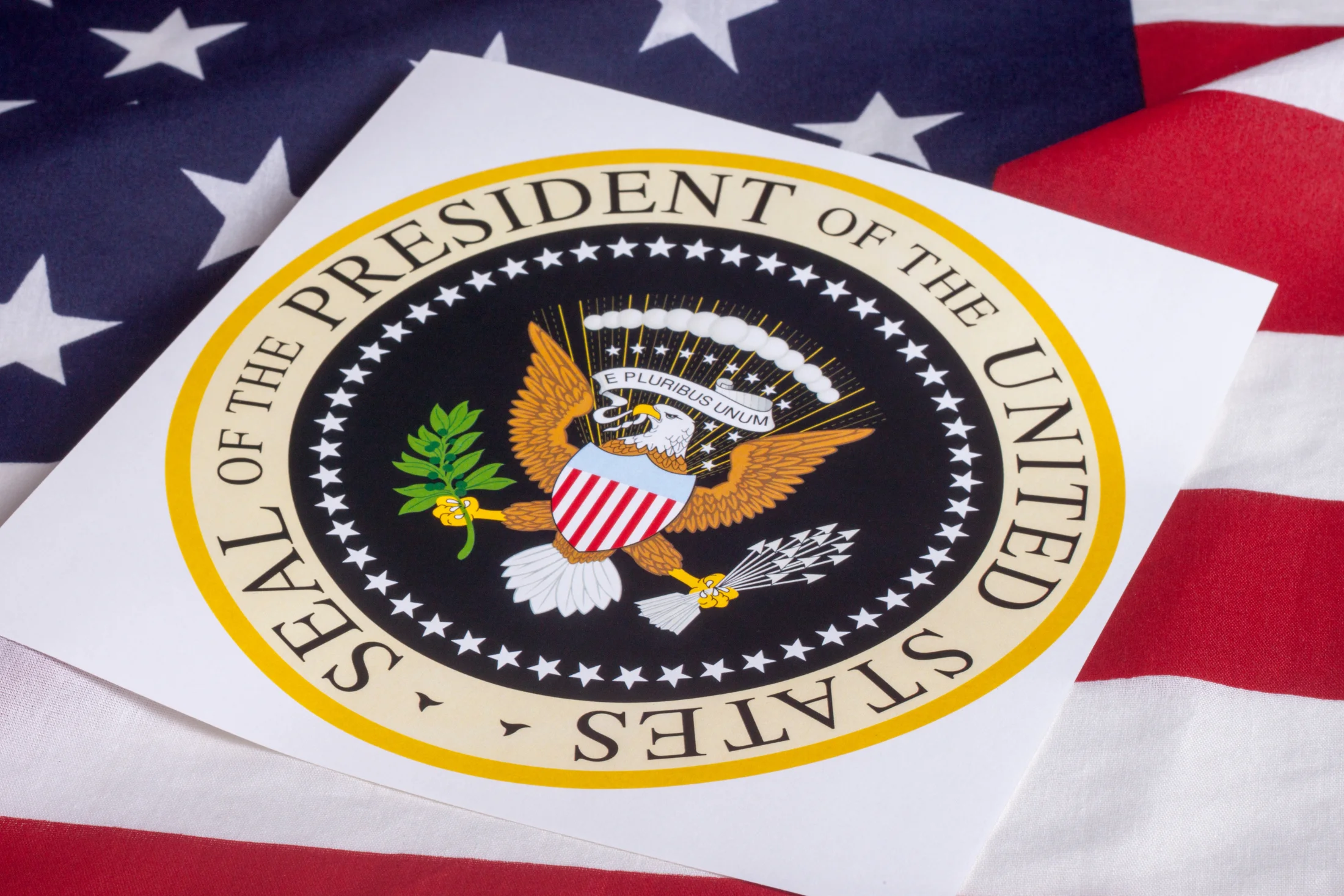Business Technology News Roundup: June 13, 2025
The week of June 9–13, 2025, saw major shifts in the US IT sector. Apple unveiled a bold new design and advanced AI features at WWDC, while Amazon committed $20 billion to new data centers in Pennsylvania, boosting cloud and AI infrastructure. President Trump signed an executive order to strengthen AI cybersecurity and streamline federal regulations.
The week of June 9-13, 2025, was pivotal for the US technology landscape. From landmark investments and major software launches to crucial policy changes, the IT sector experienced several developments that will shape the industry for months to come. Here’s a detailed look at the five most important US IT news stories from last week, offering insights into innovation, infrastructure, and regulatory trends that matter to businesses and tech enthusiasts alike.
Stay connected for next week’s highlights as we continue to track the most impactful stories at the intersection of business and technology.
Stay Connected: Follow NDIT Solutions on LinkedIn, for more insights and updates.
Need Expert IT Guidance? Our team of experienced consultants is here to help your business navigate the complex world of IT. Contact us today at info@nditsolutions.com or call 877-613-8787 to learn how we can support your technology needs.
See you next week for another round of essential IT news!

.webp)











